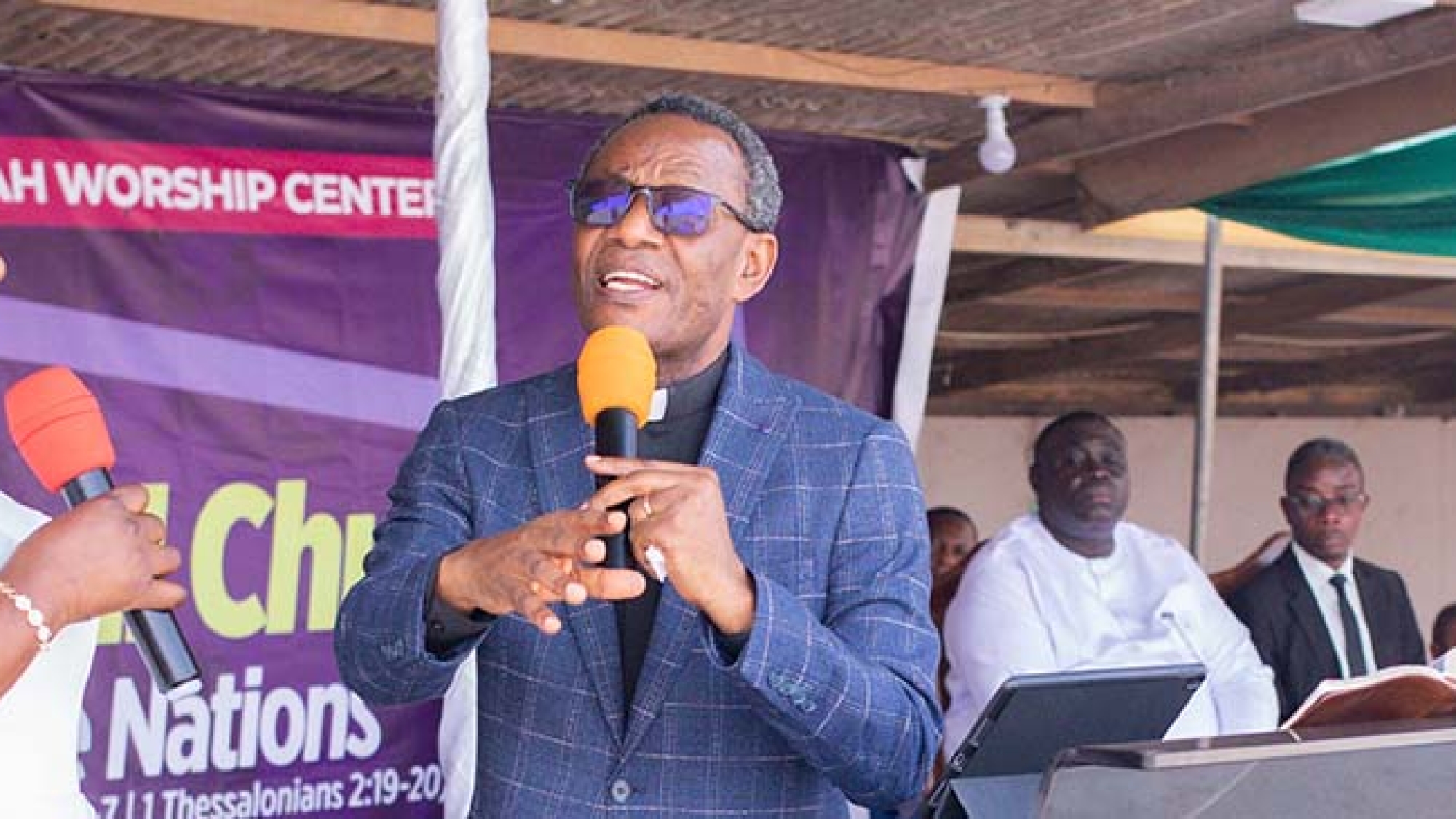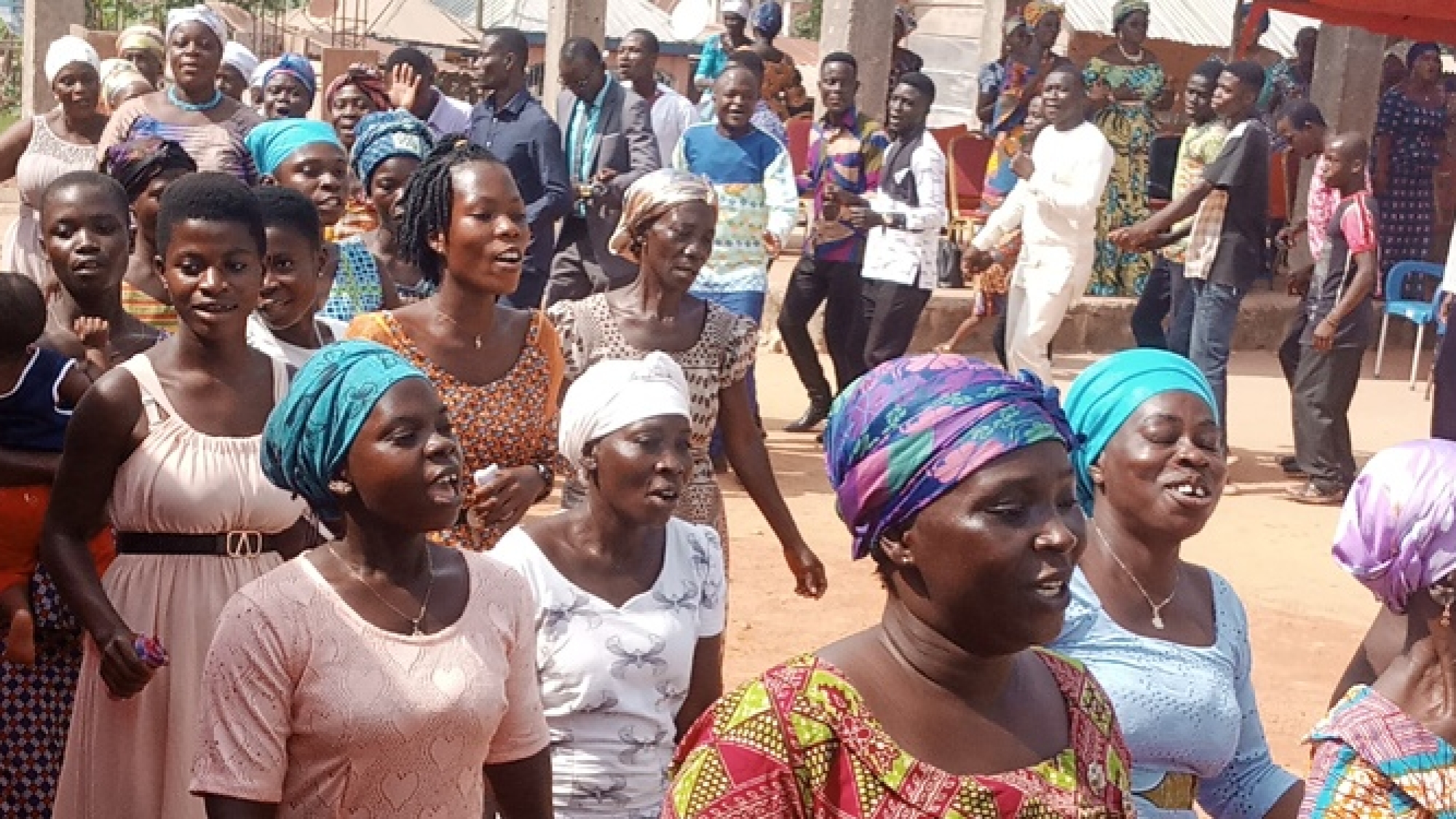The Goka Prayer Centre of The Church of Pentecost successfully held its annual New Year Prayer Festival on January 1, 2023, at Goka in the Berekum Area of the Church.
Led by Apostle Samuel Berko (Berekum Area Head) and the new Prayer Centre Management, the event was attended by thousands of people from all walks of life.
This year’s event was celebrated in grand style, touted by the chiefs as the most peaceful and victorious one in recent times.
Just a month before the Prayer Festival, Mr. Joe Daah, the former Centre leader separated himself from the Prayer Centre to set up his own group and vowed to observe the annual prayer festival in the town at the same time. According to the chiefs, there were tension and fears of clashes in the town. However, the hand of the Lord mightily brought peace, triumph and success to the Church.
Delivering the sermon at the event on the topic, “Walking with the Unchanging God in 2023” based on 1 Samuel 15:29; James 1:17; 2 Corinthians 1:9-20; Isaiah 14:24, Apostle Samuel Berko assured believers that there is great hope for Ghana and all those who walk with Jesus Christ in 2023, because all good and perfect gifts come from God who is dependable and a promise keeper.
The Area Head expressed great joy to the Lord for the success of the programme.
Apostle Samuel Berko announced the Executive Council’s decision to sever fellowship with Mr. Joe Daah due to his letter to resign from The Church of Pentecost to set up his own group.
More than 6,000 people attended this year’s prayer festival. Among them were the Chiefs and Queen mothers from Goka and the Suma Traditional Council; the Jaman North District Chief Executive and the Member of Parliament for Jaman North Constituency.
Others also came from the United States of America, Europe, some African countries and other parts of the world.
The Goka Prayer Centre annual New Year Prayer Festival was instituted more than four decades ago by Deaconess Sarah Donkor (founder of the Prayer Centre). As part of the annual prayer event, a mammoth durbar is held for Word ministration, prophetic declarations, sharing of testimonies, sacrificial offerings, and a triumphant procession through the principal streets of Goka township.
Report by Berekum Area Media Team.














